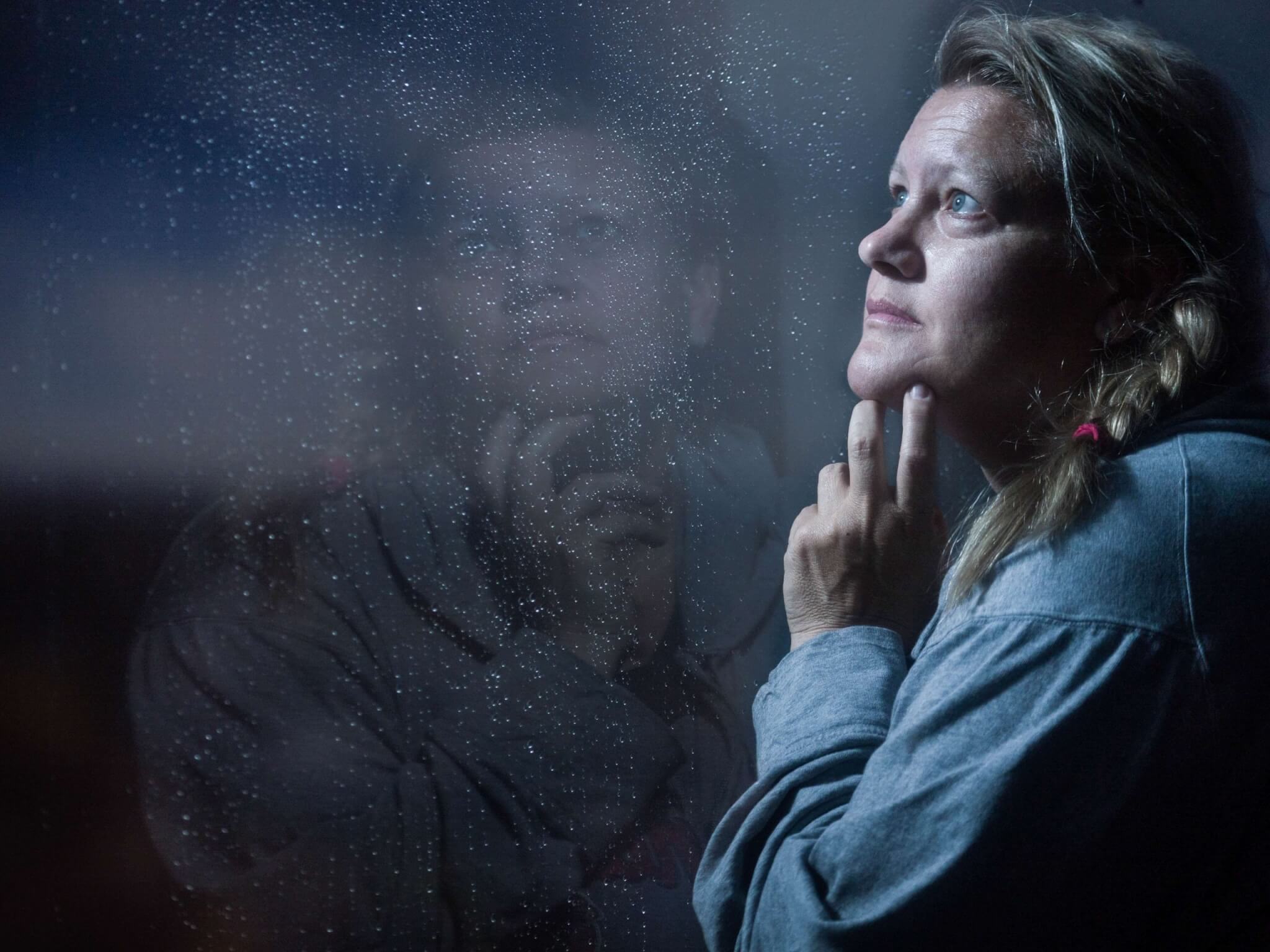How To Manage the Psychological Effects Of Widowhood

Short and Sweet Summary: Widowhood is a hard road and learning how to manage the psychological effects of your spouse’s death can be a daunting task. But incorporating a few key tools in your grief repertoire can help.
Learning how to manage the negative effects of widowhood isn’t easy. Grief is one of those things you can’t possibly imagine until it happens to you. And this leaves most of us ill-prepared to deal with the overwhelming and complex emotions that surface after a spouse’s death.
When your spouse dies, you’re dealing with the immense loss, unaware of all the secondary losses that are subconsciously draining your reserves. As you know, we widows lose more than just our spouse. We lost our understanding of who we are and what gives our lives meaning.
Research by Dr. Wilcox from the Women’s Health Initiative Observational Study has shown a substantial drop in mental health capabilities in response to grief. It’s really no surprise considering the death of a spouse is the #1 stressor in the Holmes-Rahe Stress Inventory.
It takes longer than most people realize to work through grief. Managing the psychological effects of your spouse’s can be a daunting task, but you can make it a little less debilitating by incorporating a few key tools in your grieving repertoire.
Seek Social Support
Whenever I ask widows what’s the hardest part of dealing with widowhood, I always get the same answer: loneliness.
Feeling alone is one of the worst kinds of psychological effects of widowhood. It can be debilitating.
Finding a widow support group helps give you the stability to counteract the feelings of loneliness. When you’re alone and grief is suffocating you with its sadness and heartache, it’s easy to fall into the trap of thinking you’re the only one feeling the way you do. You think you must be going crazy because your pain and anguish make it hard to breathe. The surest way to nix the idea that you’re going crazy for feeling the way you do is to surround yourself with others who feel the same way.
Knowing that you have other widows to talk to and collaborate with goes a long way in protecting your mental peace and mental health.
Find a Good Therapist
Widowhood comes with many overwhelming emotions that are difficult to sort through on your own. Meeting with a qualified therapist who has experience in grief and/or loss counseling can help you come to terms with your loss and adjust to your new life.
The operative words here are experience in grief and loss counseling.
Lots of therapists will tell you they have experience in grief counseling. However, I recommend digging a little deeper and asking appropriate questions to uncover formal training and other advanced grief-specific credentials.
You can find more information about weeding out potential therapists here:
- It’s Absolutely OK to Ask These Crucial Questions When Interviewing a Potential Therapist
- Everything You Ever Wanted to Know About Common Therapist Credential
Prioritize Self-Care and Your Physical Health
It’s common to lose interest in pretty much everything after your spouse’s death because it takes such a huge toll on your physical and mental health. That’s why self-care and prioritizing your health with things like exercise are critical components to managing the psychological effects of widowhood.
If you’re forgetting to eat meals regularly, aren’t exercising or taking care of personal hygiene, or aren’t getting enough sleep, it’s time to move self-care to the top of your to do list.
Maintaining a proper diet reduces your risk of chronic diseases, like diabetes, heart disease, and high blood pressure. Not only do you get more energy from a healthy diet, it also helps you combat the effects of widow brain. And exercising releases serotonin, a chemical commonly known as the happy hormone. It’s proven to make you feel better.
If you don’t know where to start with your self-care routine, here are a few posts to use for reference:
- 10 Unusual But Significant Self-Care Ideas for Widows
- Why Widows Should Walk Every Day
- Set Healthy Goals to Manage Grief
Adopt a Pet
Another way to deal with the psychological effects of widowhood is to adopt a pet. Living alone can be scary. A dog or a cat can be a brilliant companion and a help you feel less alone.
So if your budget, lifestyle, and health allow it, consider getting a furry friend.
Research into health psychology shows that widows with a cat or dog are likely to have lower levels of depression or anxiety than widows who don’t have pets. The control group used for this study had improved health outcomes in just a couple of weeks.
This is because companion animals can act as a buffer against the effects of a major loss like the death of a spouse on your mental health. Even if you just get a pet goldfish, it gives you a reason to get out of bed in the morning and improves your psychological well being.
Give Yourself Time
One platitude you hear a lot as a widow is “time heals all wounds.”
And that’s the last thing you want to hear when you’re newly widowed because time stopped when your world imploded.
But there is some truth to it. Humans are resilient and after you’ve adjusted to your new way of life, you realize that, little by little, you’re healing and moving forward. It may not seem like that’s even possible in the beginning, but it is possible because we all heal and we all move forward.
One day you might even wake up, get out of bed, and go about your day without one thought of your spouse or their death. It’s super weird when that happens because you might think you’re forgetting about them or that you’re a bad widow for not being sadder for longer.
The truth is, your memories will start to fade, and that’s not a bad thing. When you’ve been on the struggle bus for a long time, your brain needs a break. It’s OK to hop off and change your scenery.
Besides, you’re not forgetting your spouse. That’s impossible. You’re just storing your memories away and selectively deciding which ones bring out once in a while. This is part of the healing process.
Here are a few ideas to help you when this weird phenomenon occurs:
Widow Wrap Up
Widowhood is a hard road and learning how to manage the psychological effects of your spouse’s death can be a daunting task.
However, incorporating a few of these key tools in your grieving repertoire can help.

